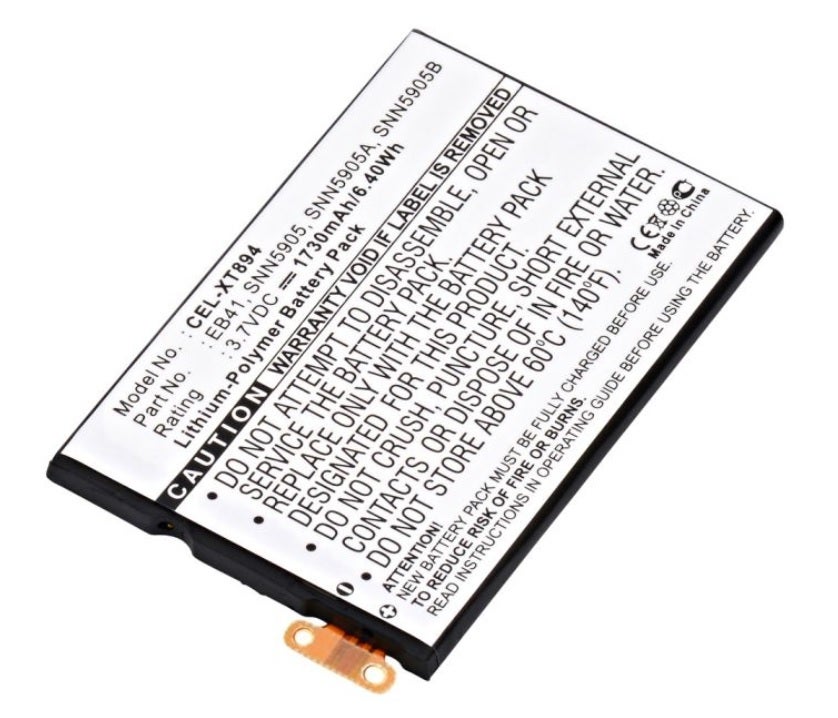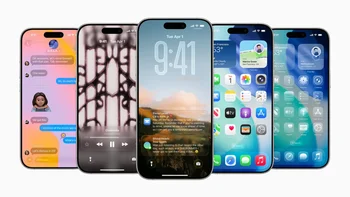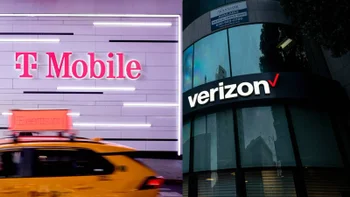EU does it again! Apple might equip the iPhone with a replaceable battery by 2027

Back in June the European Union (EU) Parliament voted to move forward with new rules that would force phone manufacturers to design their devices to allow users to easily replace the batteries on their phones without using any special tools or having any special knowledge. You might recall that the iPhone, when it was first released in 2007, was considered the odd phone out since it came with a battery that could not be removed. Now, most phones come with non-replaceable batteries.
This week, the European Council agreed to the rules (via AndroidAuthority) which means that both the Council and Parliament need to sign off on them. Once that happens, 20 days after the rules are published in the EU's Official Journal, the rules go into effect which means that all phones sold in the EU must have replaceable batteries by 2027.
While the reach of the EU's laws is limited to its 27 member countries, Apple might find it too complicated and expensive to stick with permanent batteries everywhere but in EU countries. After all, this is why Apple is equipping all iPhone 15 series models with USB-C ports to replace the proprietary Lightning ports after the EU passed a rule that required the change in its member countries.

Replaceable battery for Motorola DROID 4
Personally, I can recall buying extra batteries for my Motorola DROID and some manufacturers offered larger-sized batteries that would come with an addition to the phone's back panel to make the bigger-sized batteries fit. Manufacturers will have until 2027 to design replaceable batteries into their devices and get their supply chain on board. For some consumers, the ability to switch to a freshly charged battery might be an option they would like to have.
The EU says that the new rules would promote a circular economy by allowing for the recycling of smartphone batteries by harvesting certain materials to manufacture new ones. The rules impact more than just smartphone batteries and include "all waste portable batteries, electric vehicle batteries, industrial batteries, starting, lightning and ignition (SLI) batteries (used mostly for vehicles and machinery) and batteries for light means of transport (e.g. electric bikes, e-mopeds, e-scooters)."
As for Apple, this might not totally be such a bad thing. Imagine how many replacement and extended batteries Apple might sell if it decides to use replaceable batteries to power the iPhone. And in a way, this might help Apple's plan to build a port-less iPhone. Instead of using MagSafe to charge the battery, users could just pop in a new fully-charged cell.
Follow us on Google News













Things that are NOT allowed:
To help keep our community safe and free from spam, we apply temporary limits to newly created accounts: